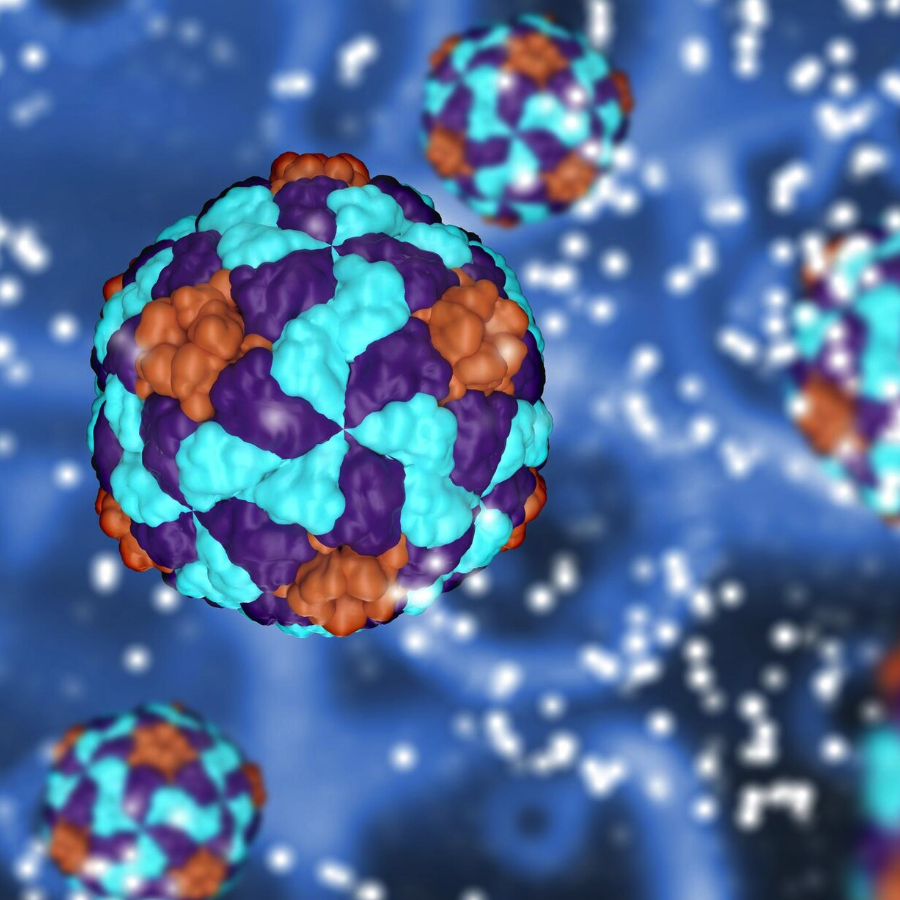Anti-CGRP monoclonal antibodies improve cognitive function in patients affected by chronic migraine complicated with medication overuse-headache

All claims expressed in this article are solely those of the authors and do not necessarily represent those of their affiliated organizations, or those of the publisher, the editors and the reviewers. Any product that may be evaluated in this article or claim that may be made by its manufacturer is not guaranteed or endorsed by the publisher.
Accepted: 5 April 2024
Authors
Background: Migraine represents one of the most disabling neurological diseases in the world. This burden is primarily due to recurrent pain episodes, alongside cognitive function impairments that patients may experience. This paper aims to explore the effect of three anti-calcitonin Gene-Related Peptide (CGRP) monoclonal antibodies (mAbs) – erenumab, fremanezumab, and galcanezumab – on the cognitive performance of a sample of patients suffering from migraine using the Montreal Cognitive Assessment (MoCA) questionnaire.
Methods: A total of 215 patients suffering from migraine who visited the Modena Headache Center were enrolled. The MoCA questionnaire was filled in by the patients at the baseline and subsequent assessments were conducted at 6 and 12 months thereafter. Additionally, patients were requested to complete the 6-item Headache Impact Test, Migraine Disability Assessment Score, and Hospital Anxiety and Depression Scale every three months.
Results: The sample was composed of 82% of female participants and 87% of the enrolled patients were diagnosed with chronic migraine. Following one year of treatment, there was a significant enhancement observed in MoCA scores compared to baseline measurements. Moreover, higher consumption of analgesics, elevated body mass index (BMI), and prolonged chronic migraine history exhibited an inverse correlation with MoCA score improvements after 12 months.
Conclusions: Erenumab, fremanezumab, and galcanezumab have proven to be effective in relieving the cognitive impairment associated with migraine after 1 year of treatment. These findings underscore the reversibility of cognitive impairment among migraine sufferers, even among those suffering from chronic migraine, as delineated by the majority of the patients under study. This study revealed that prolonged chronic migraine history, higher baseline analgesic intake, and elevated BMI were all predictive of diminished cognitive enhancements following treatment.
How to Cite

This work is licensed under a Creative Commons Attribution-NonCommercial 4.0 International License.






